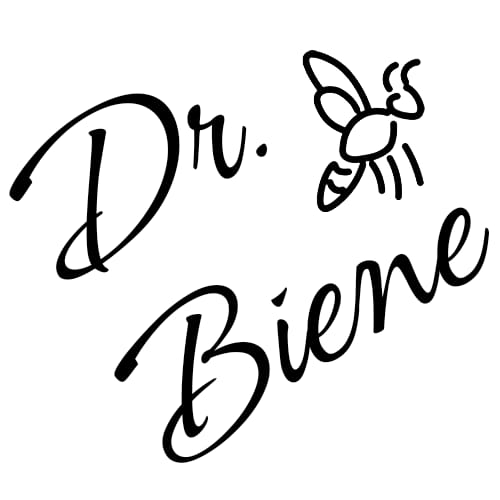Englisch or Bahasa Indonesia
Starting with beekeeping with Apis mellifera in 2013 I was already in charge of beekeeping education of beginners and be health manager for my district in Wolfenbüttel one year later. Since I was back that time not only having dual education, one practical beekeeping course in Eilum and one more theoretical but more detailed one in Goslar I was picking up fast beekeeping methods and biology.
Therefore, I was able as a starter to clear and over regional American foulbrood outbreak of 58 colonies on 13 different sides withing 20 km radius, only in direct need to execute authorised killing of 8 colonies (heavily infected and too week to rescue). I admit that I would prefer rather to have 100% rescued but this was one out of two beekeeper who insist of doing the decontamination on their own without any supervision. As lab results came it was not this beekeeper who fully failed in cleaning the material and bees with yet high number of bacterial spores. the other has had at least reduce the amount to a less critical level beside all others working together were able to fully clear their hives and honey from spores.





Beside my passion for bees and beekeeping I was also inoculated scientific knowledge within my master thesis in the group of Prof. Dr Michael Steinert from TU Braunschweig Institute of microbiology under Hannes Beims PhD thesis. This was enabling me to learn a lot on bee pathogens and bee research with in-lab bee brood feeding assay – resulting in fully grown up imagos/adult bees. They were growing, doing metamorphosis and finally hatching inside a 48-well plate under controlled conditions starting with a 3-day old bee larvae taken from the combe to the feeding in the lab. This was also when I was introduced to the LAVES institute of bee research in Celle with Prof. Dr. Von der Ohe, Lab manager Dr. Martina Janke, Bee keeping master Wulff-Ingo-Lau and many others to further improve my knowledge, mean while observing how my bees develop based on what I lean during my first years.
Besides beekeeping is a constant leaning process since it is closely connected to changes in nature and climate with weather changes, emerging new pathogens and new way on technical beekeeping skill to maintain healthy and strong colonies. So, there is no “finished” learning – more a constant life-long learning like advertised by education foundation of Diter Schwarz.
“It is more brave to chellenge the already beleived to be known, than exploring the yet unknow.”
Alexander von Humboth – universal researcher & teacher
….this is Why this site was set up by me
This I where this side comes into the spotlight – here we are able together to constantly develop beekeeping knowledge, applied and theoretical knowledge – to keep track with a constant changing environment in Europe, Indonesia and the whole world.
This is why I decided to provide experts & practical proofed knowlege to interested beekeepers. Not only honey harvest yield, but also pollination and apitherapies depends on constant knowledge with pre-filtering fraud and simple marketing from the reality.
Since 2024 I started also with my own Apis cerana colonies in Indonesia – West Java. My Apis mellifera knowledge is here very vital since physiology is pretty much similar and nature is fundamental, in continental as well as in tropical climate factors like humidity, sun exposure, wind and nutrition stay the same on our planet while abundance and time of appearance is fluctuating.
